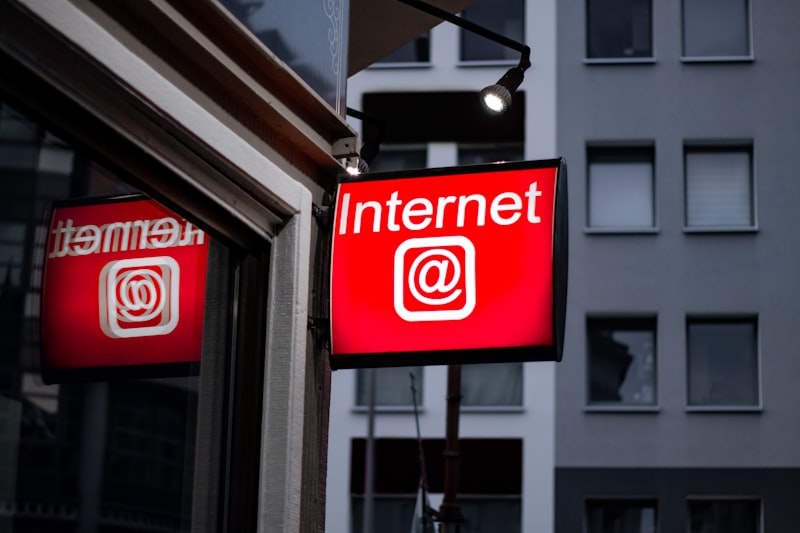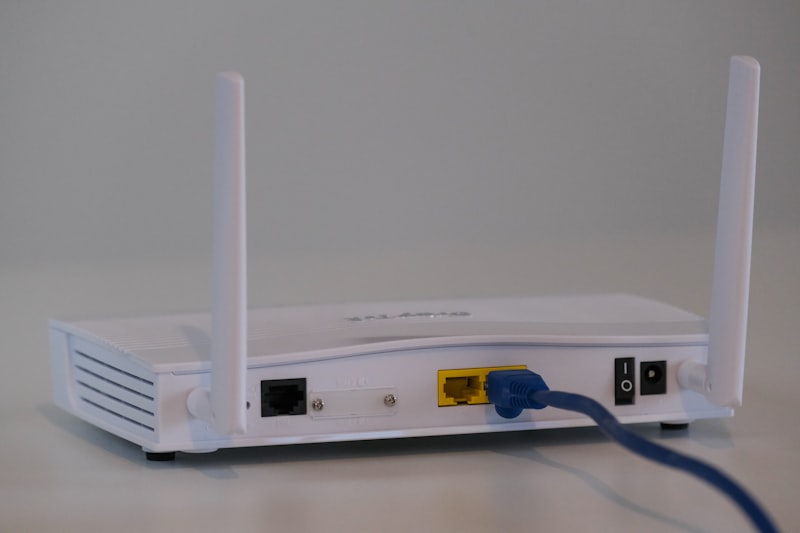Google Is Quietly Building “Project Link” A Fibre-Optic Backbone Infrastructure in Africa

Internet search giant, Google announced on Wednesday that it will be making one of its biggest moves yet in Africa as it launches Project Link, its fibre-optic backbone infrastructure to turbo-charge broadband access in the region.
According to MIT’s Technology Review, the company has been installing a new fibre-optic backbone infrastructure in recent months in Kampala, Uganda that would enable as many as 10 mobile carriers and Internet Service Providers (ISPs) to boost data rates by a factor of 100 in most areas of the city, which has three million residents.
“The backbone connects cellular towers to new fibre lines that are, in turn, connected to larger fibre networks and undersea cables’, reports MIT’s Technology Review.
Kai Wulff, Google’s Access Field Director for the project says that the company’s goal is “to connect more people in Kampala to fast, quality Internet,” with speeds of up to two gigabits (2GB) per second in some cases.
While it is unclear what Google’s motives are, it is likely that most of the fast Internet access is intended for mobile devices, although ISPs could also extend the fiber network directly into institutions like hospitals and universities.
Erik Hersman, co-founder of the iHub in Kenya believes that the project could “spur a race to the bottom on data prices”, as he noted that Google may likely sell wholesale to ISPs in Uganda for a lot less than they currently pay.
While three of the region’s 10 Internet Service Providers have signed agreements and paid Google to use its backbone, it is unclear how much end users would pay to use the service in Kampala, since the cost will be determined by mobile carriers and ISPs.
Wulff did not comment on why the company chose Uganda to launch the project for the first time in Africa and would not say how much the Fibre project is costing the company.
The company says it doesn’t have any immediate plans to wire up other cities in Africa.






